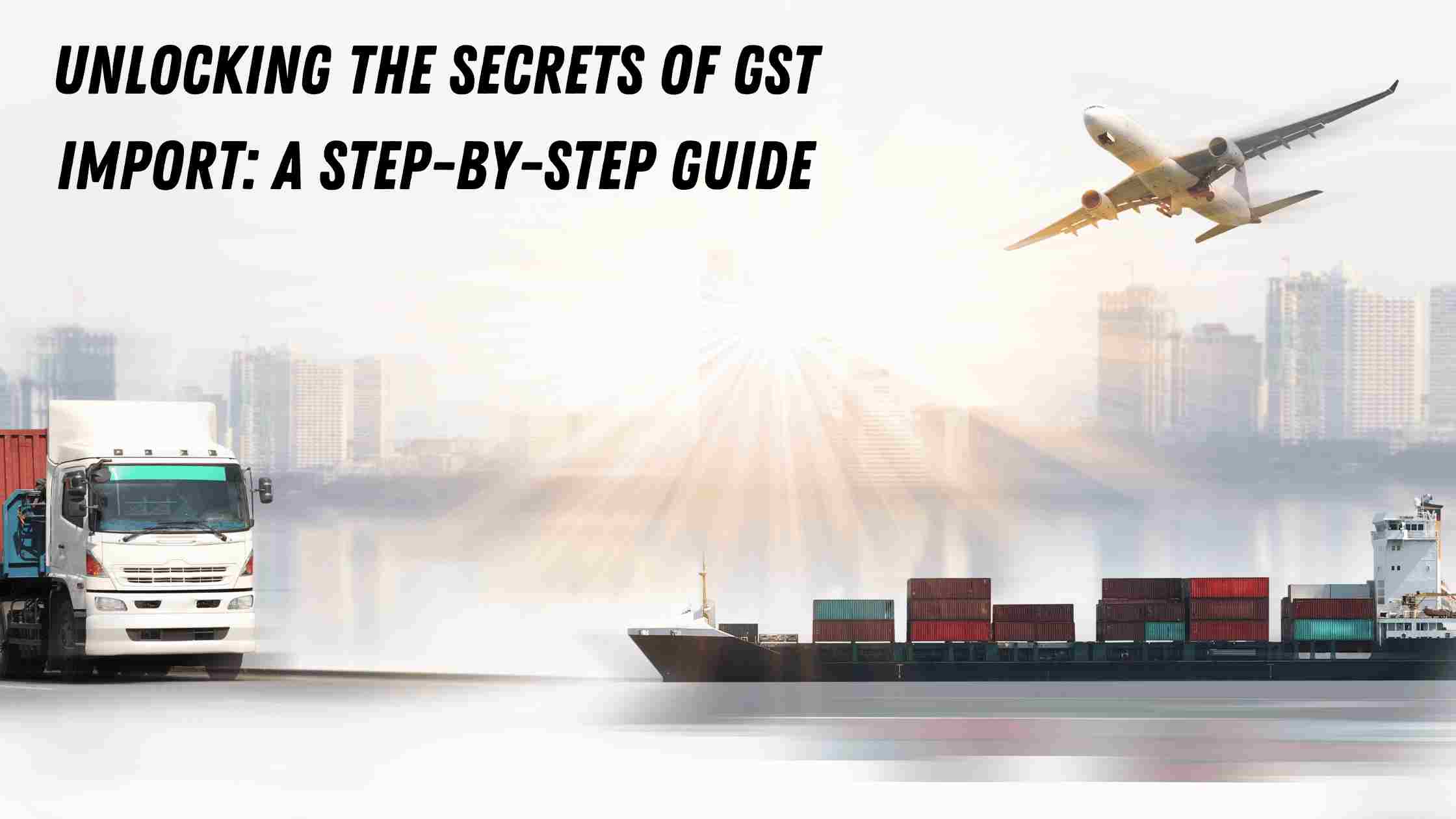Place of supply is a crucial concept in the Goods and Services Tax (GST) regime in India. It determines which state or union territory will levy GST on a particular transaction. This is important for both the supplier and the recipient, as it affects the rate of GST that will be applicable and the state or union territory where the GST registration number will be required.
Basic Principle: The GST law in India establishes a set of rules to determine the place of supply for goods. This determination is essential for identifying the state where the GST should be levied.
1. Goods moved in the same state:
In intra-state supplies, determining the place of supply is relatively simple. It is the location of the recipient where the goods are delivered. This means that the applicable GST rates would be CGST (Central GST) and SGST (State GST).
2. Goods moved from one state to another:
In inter-state supplies, where goods are transported from one state to another, the place of supply shifts to the destination state. This implies that the supplier is responsible for charging IGST (Integrated GST) at the rate applicable in the destination state.
3. Goods not moved:
If the goods are not moved, the place of supply is the location of the goods at the time of supply. This means that the supplier must charge GST at the rate applicable in the state where the goods are located.
4. Bill-to and Ship-to Transactions:
Where the billing address (bill-to address) and the shipping address (ship-to address) are not the same, the place of supply for GST purposes is determined based on the location where the goods are physically delivered, regardless of the address to which the invoice is directed.
5. Specific Scenarios and their Treatment: Certain scenarios have specific guidelines for determining the place of supply:
- Goods Assembled or Installed: When goods undergo assembly or installation at a specific location, the place of supply for GST purposes is determined to be the site where the assembly or installation occurs. This rule applies regardless of whether the supplier or the recipient carries out the assembly or installation process.
- High Sea Sales: In the context of high seas sales, the place of supply for GST purposes is considered to be the location of the buyer at the time when the ownership of the goods is transferred. This implies that the seller is responsible for charging GST at the rate applicable in the state or union territory where the buyer is situated.
- Import of Goods: For imported goods, the place of supply for GST purposes is determined to be the location of the importer as registered with the Importer and Exporter Code (IEC). This implies that the importer is responsible for charging Integrated GST (IGST) on the transaction, regardless of the destination state or union territory.
- Export of Goods: For exported goods, the place of supply is considered to be located outside India. This implies that no Goods and Services Tax (GST) is applicable on exported goods, as the transaction takes place beyond the country’s tax jurisdiction.
Proper Record-Keeping for Accurate Place of Supply Determination:
Determining the POS accurately is crucial for businesses to ensure compliance with GST regulations. This entails maintaining detailed records and documentation that justify their determination.
Tax Implications of Place of Supply:
The POS directly influences the applicable GST charges. For inter-state supplies, Integrated GST (IGST) is levied, while Central GST (CGST) and State GST (SGST) apply to intra-state supplies.
Disclaimer:
The information provided in this content is for general informational purposes only. You should always seek the advice of an expert before making any decisions based on the information provided. We do not warrant or guarantee the accuracy, completeness, or usefulness of the information provided. Any reliance you place on such information is strictly at your own risk. We are not responsible for any damages, losses, or expenses related to the use of this content.
Related Blog :
EXTENDED APPEAL DEADLINE FOR SECTION 73/74: WHAT YOU NEED TO KNOW








